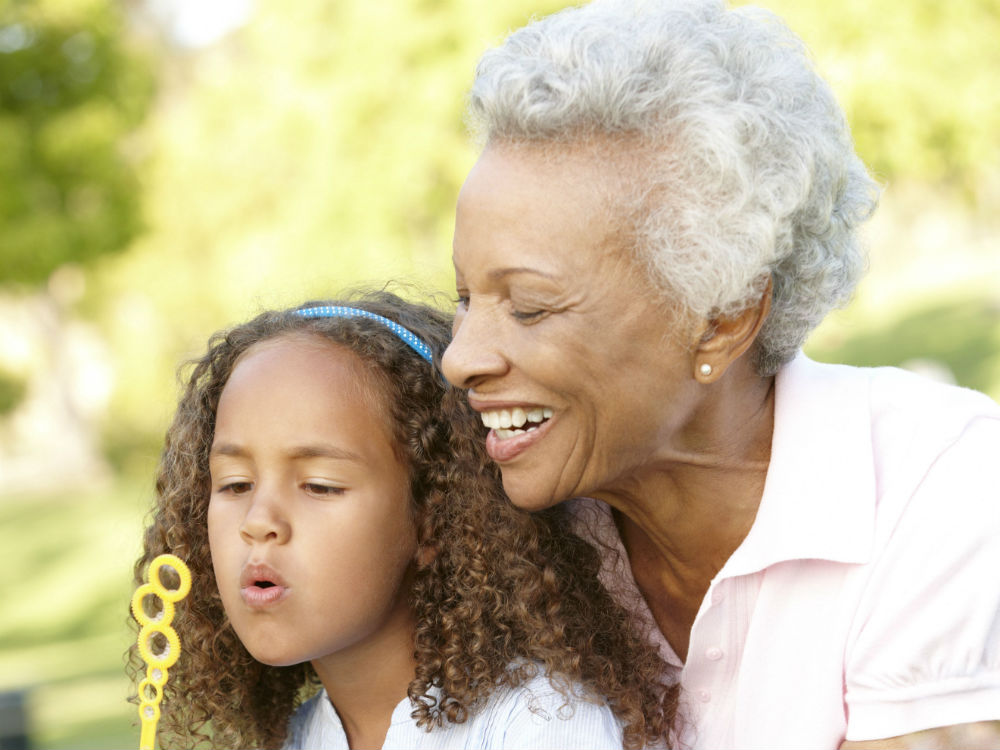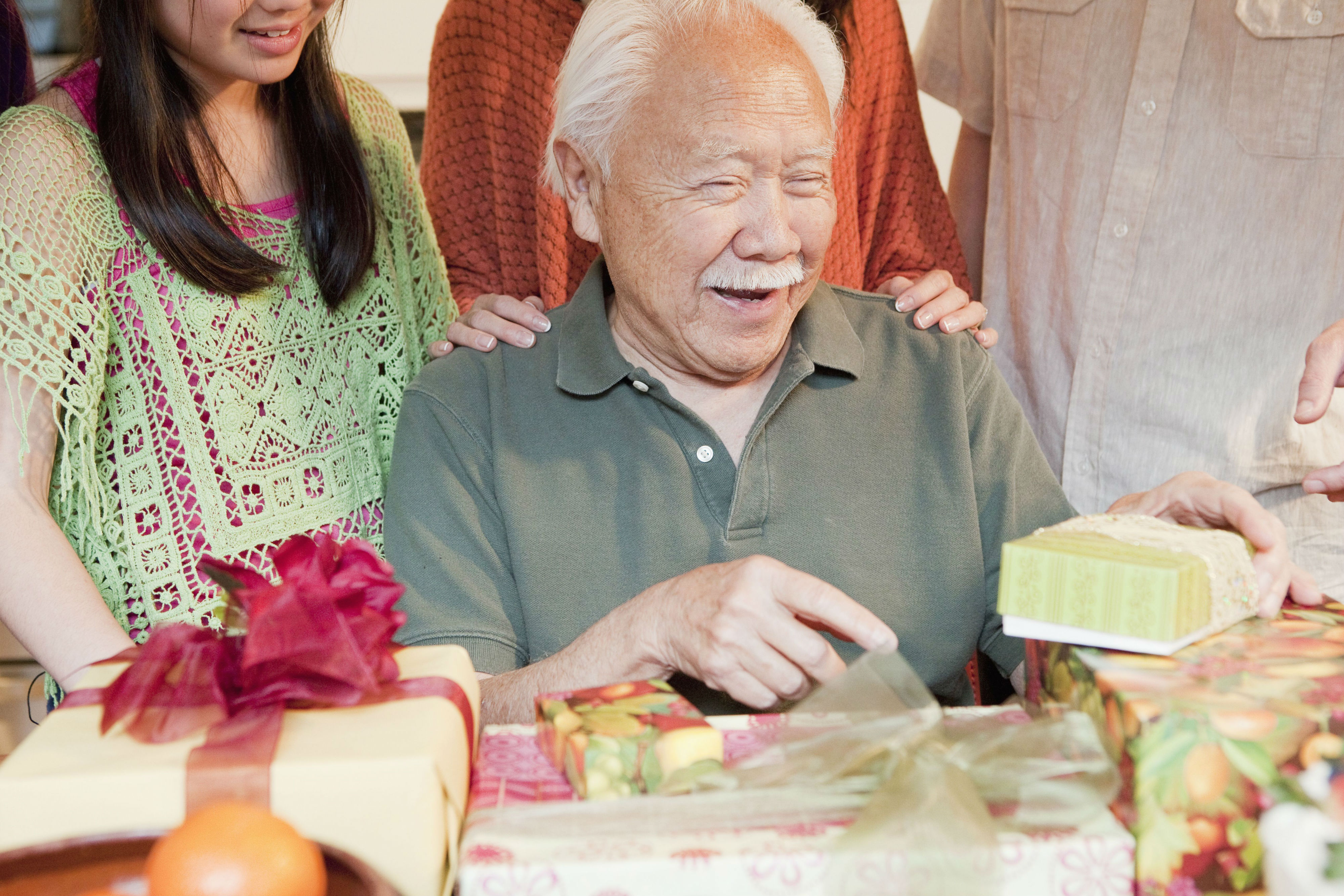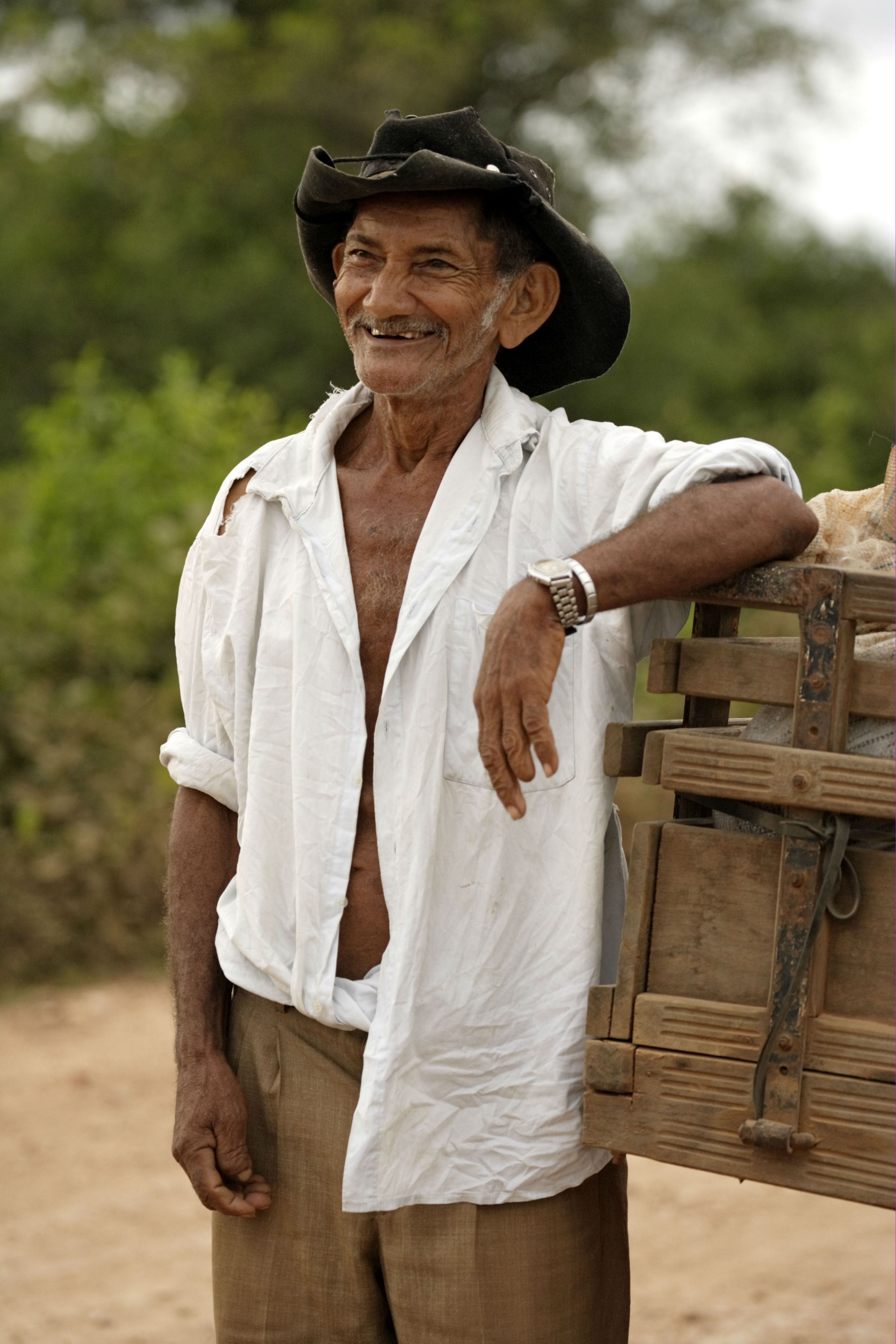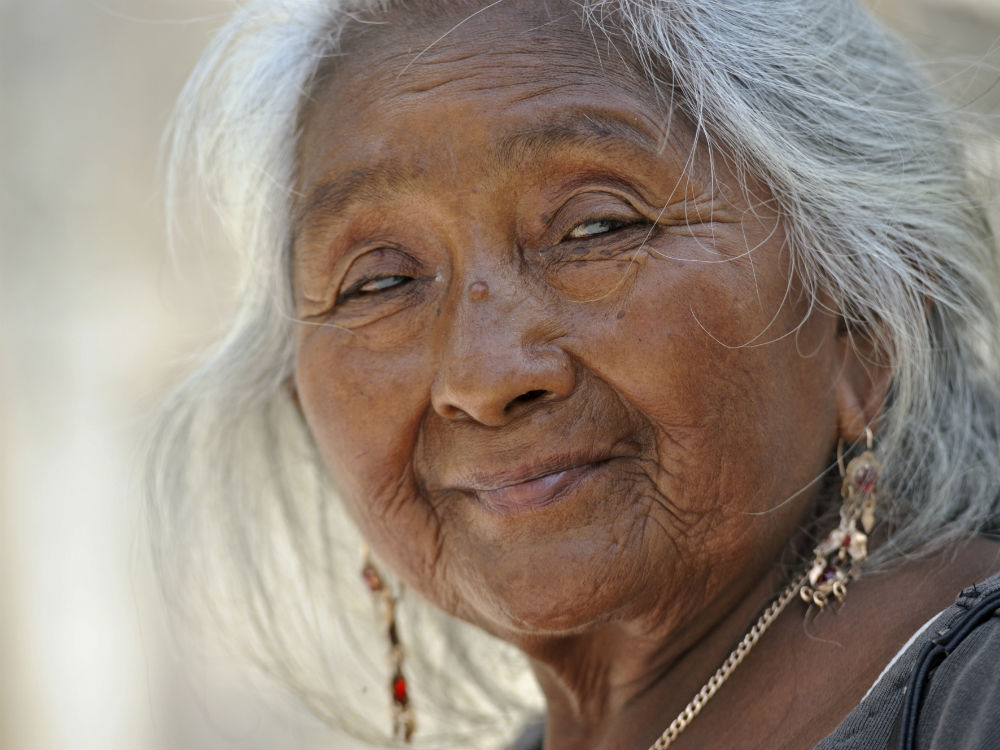#BREAKFREE: A Guide On How The World Treats Their Elderly
Growing old may be frowned upon in the West, but in some cultures if not treated respectfully, you may find yourself in trouble with the law

Celebrity news, beauty, fashion advice, and fascinating features, delivered straight to your inbox!
You are now subscribed
Your newsletter sign-up was successful
Growing old may be frowned upon in the West, but in some cultures if not treated respectfully, you may find yourself in trouble with the law
A ‘National Shame’ is what health secretary Jeremy Hunt called the West’s treatment of the elderly back in 2013, and it’s sad to say that not much has changed since then. In Western culture old age is often presented negatively. We hear it everyday- the common stereotypes- “old biddies”, “one foot in the grave”, the list goes on. A streak of grey hair shows up and everyone goes mad, trying to find ways to dye their salt and pepper mane back to a more favourable colour and stay away from anything that labels them as “old”.
Old age is often viewed with distaste, as our society tends to associate it with immobility and the inability to work, despite the technologically advanced age we live in today. Nevertheless, residential care homes still operate as a common destination for the elderly and society continues to celebrate the youth. When we look at how other societies treat their elderly however, we get a very different picture and learn that age is just as much a biological matter as it is a social and cultural construct:
East Asia In East Asia, people are bound by a Confucian principle of filial piety, a moral of respect for the elderly, fathers and ancestors; here, elderly parents become the responsibility of adult children. Deeply rooted in traditional values, children are brought up knowing that they will eventually exchange roles with their parents and care for them. Jared Diamond, UCLA professor of geography and physiology, stated ‘it is considered utterly despicable not to take care of your elderly parents.’
China In China, an ‘Elderly Rights Law’ was introduced to inform adult children that they ‘should never neglect or snub elderly people’ and must make arrangements to visit them ‘often’, regardless of their proximity. Although not clear, on how often is enough, the law itself shows that in China, old people are not to be messed with.

Japan In Japan, the 60th and 70th birthday are marked with big celebrations where children perform dances and offer gifts.
Singapore Just like China, there are laws which place the inertest of the elderly at heart: ‘In Singapore, parents can sue their adult children for an allowance; those who fail to comply can face six months in jail,' according to the Associated Press.
Celebrity news, beauty, fashion advice, and fascinating features, delivered straight to your inbox!
The Mediterranean In the Mediterranean respect for elders operates as a cultural norm. ‘Old man’ is rather a term of endearment in Greece, as Ariana Huffington shares in her book, On Becoming Fearless. It is also common for extended families to live together with several generations under one roof.

African-Americans Grandparents tend to live in with families and aging is celebrated. For instance, Karen H. Meyers writes in The Truth About Death and Dying, ‘African-American funerals tend to be life-affirming and to have a celebratory air intermingled with the sorrow.’
India It is an Indian tradition for youngsters to touch the feet of their elders, which is known as ‘a mark of love, and respect for them, and a request for their blessings’.

It just goes to show that old age does not have to be a bad thing. In other societies the elderly are respected and admired for their wisdom, rather than put down for their physical attributes. Some laws may be quite harsh and overbearing, but if some cultures can celebrate old age, why can’t all?
The leading destination for fashion, beauty, shopping and finger-on-the-pulse views on the latest issues. Marie Claire's travel content helps you delight in discovering new destinations around the globe, offering a unique – and sometimes unchartered – travel experience. From new hotel openings to the destinations tipped to take over our travel calendars, this iconic name has it covered.